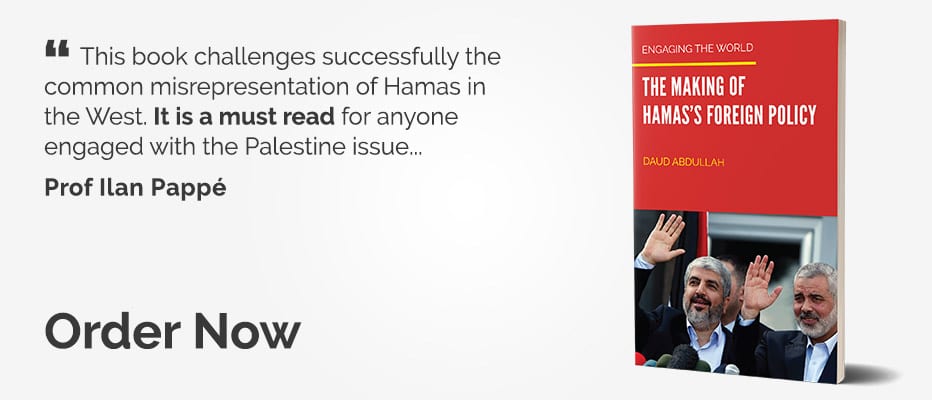The British government's independent reviewer of counter-terrorism legislation has urged the United Kingdom to repatriate British nationals and even former nationals who are detained in Syria, insisting that the situation is different now than it was six years ago.
Speaking at an all-party parliamentary group on trafficked British people in Syria, Jonathan Hall – the independent reviewer of terrorism legislation and advisor to ministers on the issue – said that "I think it's inevitable that many of these people [detained current and former British citizens] will come back. And … if it's going to happen, you must make it happen sooner or later."
Throughout the last decade, during the peak of the Syrian conflict and emergence of the Daesh terror group, around 900 people linked to the UK travelled to Syria and Iraq to either fight, join the conflict in some capacity or even just conduct aid work. Since Daesh was territorially defeated and the conflict has largely died down, at least 500 of them have returned and, according to Hall, over 60 British nationals – including children – remain in detention within Syria.
Amid repatriation efforts undertaken by the international community and various European states to return their nationals, the UK has been notoriously resistant to such efforts and has maintained that repatriation would pose a serious threat to national security. Hall insisted, however, that the situation has changed and that the government must review its policy.
"The government did face the prospects of hundreds and hundreds of capable men coming back, and I have some sympathy with why the government took the decisions it did at that time, although I think the long-term implications are probably bad", he told the all-party group.
"But the position is now very different; a large number of people have been killed. Being able to show that there is a difference between the threat that existed from those people who travelled out in 2015-17, and now, may be an important factor when deciding whether or not the policy can be revisited."
READ: Saudi Arabia, US urge Western nations to repatriate citizens among Daesh fighters in Syria
Hall urged for the creation of a new policy "where they recognise that the factual position on the ground has changed" and which allows for the repatriation of British citizens and even those who the government has stripped of their citizenship.
A method he suggested that could facilitate such returns is the imposition of security measures and control orders on returned children, such as forcing them to undergo rehabilitation or education. He cited as an example "a returning child who might not volunteer to have assistance from a mentor or who may not choose to go to school. It would have to be a coercive measure, which would require them to attend certain places and would have to have consequences to it. At the moment, I don't think that exists."
An existing measure and policy the government currently employs is that of temporary exclusion orders, which allow citizens who are suspected of terrorist activity abroad to return on the condition that they report to police stations and undertake mentoring. Hall proposed that such a policy be extended to UK residents who lack citizenship.
In that regard, he also predicted that there is little security risk in the government allowing the return of Shamima Begum, the girl who was stripped of her British citizenship after fleeing to Syria – with the help of elements linked to Canadian intelligence – and who has repeatedly been refused to return to the UK, as she would be required to have daily contact with authorities and apply for life-long anonymity due to her notoriety.
The independent reviewer's recommendations come amid a groundbreaking report by Fionnuala Ní Aoláin, the UN's Special Rapporteur on counter-terrorism and human rights, which stated after her visit to the detention camps in north-east Syria, that conditions there are dire and that children are increasingly being abducted by the camps' authorities led by the Kurdish Syrian Democratic Forces (SDF) militia. She also stated in the report that, at the current rate of repatriation and processing, it would take 20 years for the camps to close.
READ: UN expert condemns SDF abduction of children in Syria camps

![People attend the funeral of 45 unidentified victims killed by Daesh/ISIS terrorists exhumed from a mass grave near a jail in Badoush, Nineveh Governorate and transported to a cemetery in Najaf, Iraq on May 16, 2023 [Karrar Essa - Anadolu Agency]](https://i0.wp.com/www.middleeastmonitor.com/wp-content/uploads/2023/05/AA-20230516-31154218-31154198-FUNERAL_FOR_DAESHISIS_VICTIMS_EXHUMED_FROM_MASS_GRAVE_IN_IRAQ.jpg?resize=1200%2C800&quality=85&strip=all&zoom=1&ssl=1)

